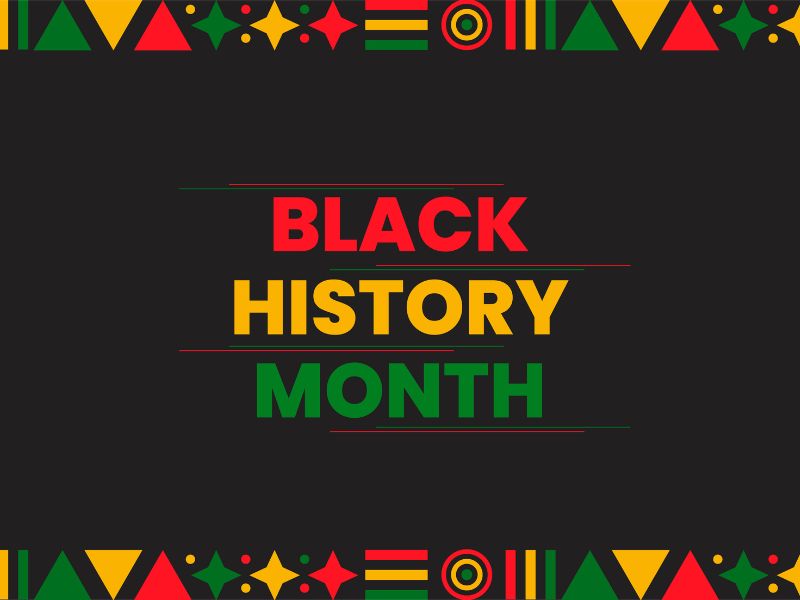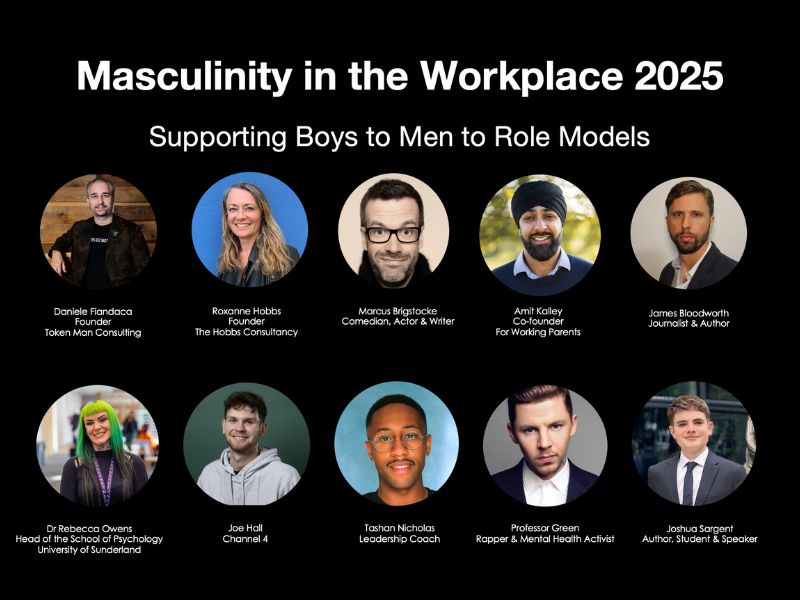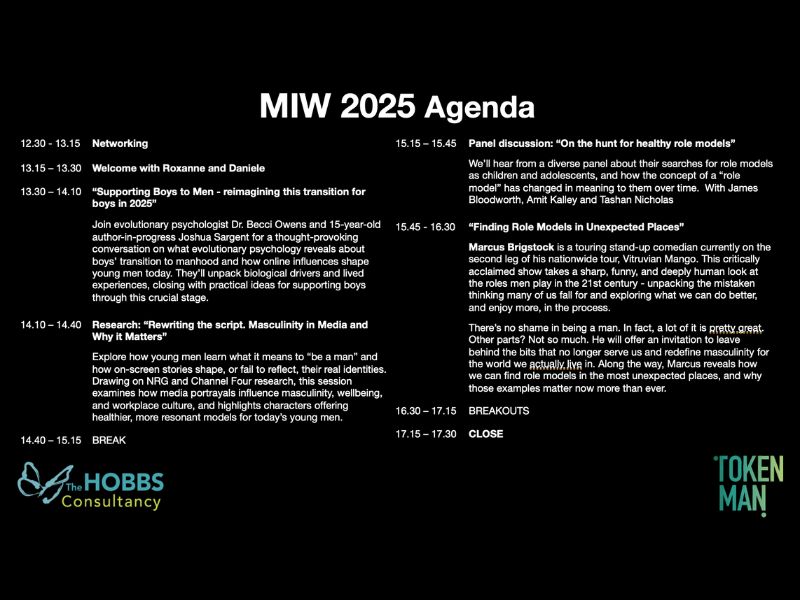Black History Month is a time to recognise and celebrate the achievements, culture and contributions of black people. It began in the United States in the 1920s and was introduced to the UK in 1987.
The month serves as a reminder of the histories that were left untold for too long and highlights the need to keep these stories alive. It is also a moment to reflect on how far we have come and the changes still needed in society today.
What black history month means
Each October, we pause to reflect on the many ways black people have shaped our world. Black History Month is more than a time to remember what came before. It is a chance to recognise the strength, creativity and impact of black communities past, present and future.
The theme for 2025
This year’s theme, Standing Firm in Power and Pride, is a call to embrace identity with confidence and strength. It encourages us to recognise the struggles that have been faced, while celebrating the resilience and achievements that continue to shape black communities today. It is about valuing heritage, taking pride in culture and standing tall against inequality.
Looking back so we can move forward
To understand where we are now we need to honour those who helped pave the way. Black history is never just a list of dates. It tells of lives lived with courage, of barriers challenged, of dreams pursued against odds. It shows us how society has changed and how much work still lies ahead.
Voices who changed the narrative
There are many figures whose lives and work continue to inspire. Some are widely known, while others deserve more recognition:
- Evelyn Dove – A singer and actress, she broke racial barriers in the entertainment world during the early 20th century. She performed internationally and became the first black woman to appear on BBC radio in 1939.
- John Edmonstone – Once enslaved in Guyana, he later lived in Edinburgh where he taught taxidermy. One of his students was Charles Darwin. His teaching played a role in Darwin’s studies that later transformed science.
- Edward Enninful – The first black editor-in-chief of British Vogue, he transformed the magazine into a platform that celebrates diversity and inclusion. His leadership in fashion has given visibility to voices and stories often overlooked in the industry.
- Altheia Jones-LeCoint – A community leader and activist, she played a key role in the British Black Panther movement in the 1970s. Her work focused on fighting systemic racism and building equality in housing, policing and education.
- Arthur Wharton – Recognised as the world’s first black professional footballer, he played in the late 1800s. His career challenged racial prejudice in sport and paved the way for future generations of athletes.
These names remind us that history is made not only by famous leaders but also by individuals who fought for change in communities, workplaces and cultural spaces.
More than a month
Black History Month shines a light for four weeks, but the stories it uncovers should live on twelve months a year. We need to embed these stories into schools, into workplaces, into community life. We must offer spaces for black voices to lead, to teach, to remind us that history is alive and ongoing.
Standing firm together
 Black Minds Matter UK recognises that mental health cannot be addressed in isolation. Healing is a collective act. Their Pardner Hand – 100K Challenge calls for 100,000 people to give £1 each month. Together, that money funds £100,000 worth of free therapy every month for those who need it.
Black Minds Matter UK recognises that mental health cannot be addressed in isolation. Healing is a collective act. Their Pardner Hand – 100K Challenge calls for 100,000 people to give £1 each month. Together, that money funds £100,000 worth of free therapy every month for those who need it.
The Pardner Hand tradition is rooted in community and shared strength. By pooling resources, everyone can stand firm together and thrive.
Find out more here.
Looking ahead
When we honour the past we do more than remember, we set the stage for what comes next. Black history is not just about what has already happened, it’s about the future too. By lifting up stories, challenging old assumptions and creating space for new ones we make room for change.
So let’s celebrate but let’s also commit. Let’s carry these voices forward, let’s listen, learn and act today and every day.











